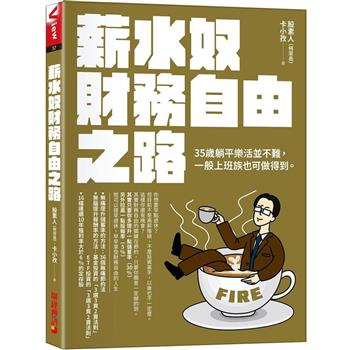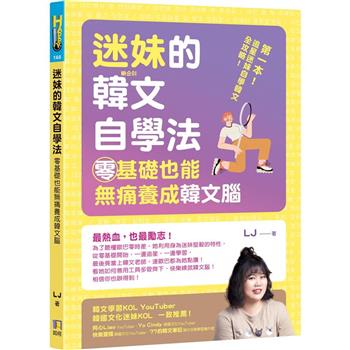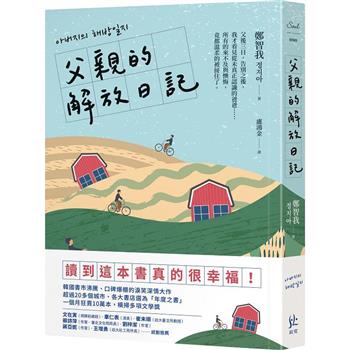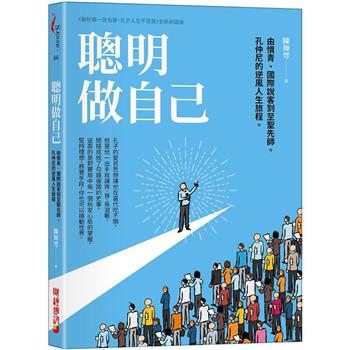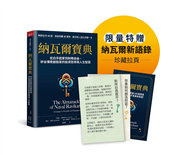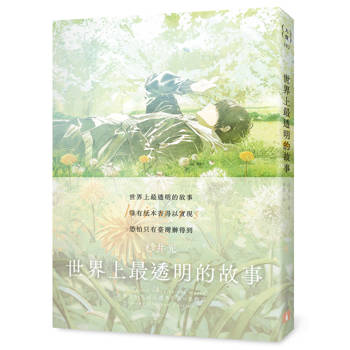Bertolt Brecht was born in Augsburg on 10 February 1898 and died in Berlin on 14 August 1956. His plays include Man Equals Man, The Threepenny Opera, The Mother, Life of Galileo, Mother Courage and her Children and The Caucasian Chalk Circle. He founded the Berliner Ensemble in 1947 and, from then until his death, was mainly occupied in producing his own plays.
John Willett (1917-2002) was a British translator and scholar who is remembered for translating the work of Bertolt Brecht into English, having become a friend of Brecht’s after World War II. Over his career, he acted as a freelancer writer, editor, translator and director, as well as a visiting professor and lecturer.
Katherine Hollander is an historian, Brecht scholar and poet. She holds a PhD in History and MA in Creative Writing from Boston University, US. Hollander’s scholarly articles have appeared in
The Journal of the Historical Society, The Brecht Yearbook and New German Critique, and her research has been supported by the Central European History Society, the Brecht Into English Project at Oxford University and the University of Southern Denmark, among others. She has taught both History and Creative writing (poetry and playwriting) at college level, most recently at Boston University (US), Colby College (US) and Simmons University (US). Her collection of poems,
My German Dictionary, was published in October 2019 by the Waywiser Press and is the winner of the Anthony Hecht Poetry Prize. She is presently working on a translation of the girlhood memoirs of Margarete Steffin and a monograph on a small circle of German-speaking artists and intellectuals in exile, which deals extensively with Brecht’s collaborative methods of producing works for the theater. She has twice had scholar/artist’s residencies at the Brechts-Hus in Svendborg, Denmark.

